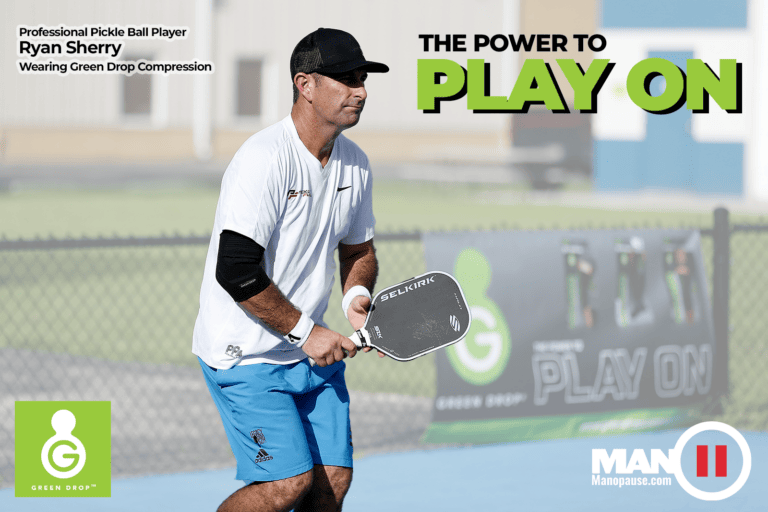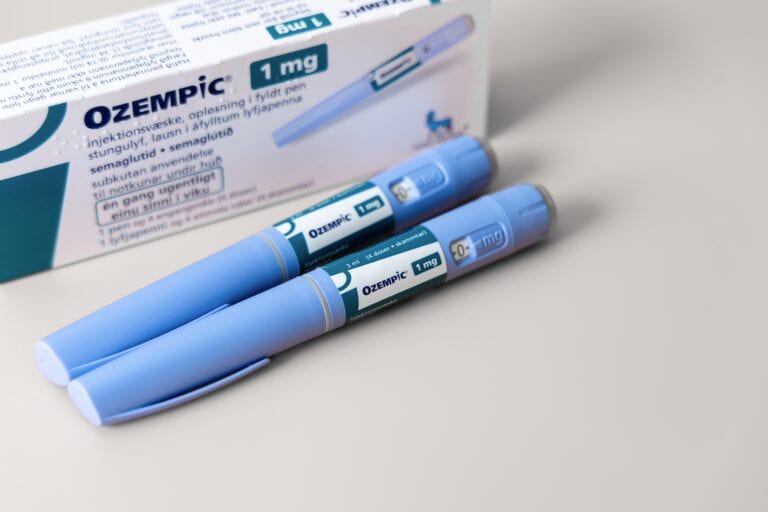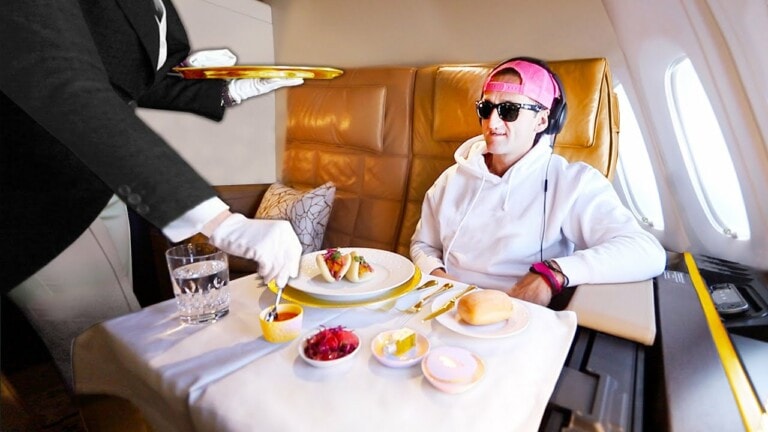Performance Anxiety in the bedroom is real and can become a catalyst for a cycle of despair. Fear not; there’s hope! Learn more in this article.
Are you ready to get down to action in the bedroom but concerned that you may perform below par?
That feeling can have resounding effects, not only on your mental state but your physical capabilities too. If you have the feeling frequently, you might quickly become stressed, and the stress won’t do your mind and body any favors in the long term.
This phenomenon is called sexual performance anxiety, and it is not uncommon. People have been finding coping strategies to deal with it for as long as sexual nervousness has existed, but not all of these strategies are healthy. However, this article can help guide you to the best ways to manage sexual performance anxiety.
Let’s dive right in.
Table of Contents
ToggleWhat is Sexual Performance Anxiety?
In plain terms, sexual performance anxiety, or SPA, is the pervasive worry about your ability to deliver sexually, thus inhibiting you from engaging the way you truly want. It usually happens when you’re not confident about your “sexual prowess” or perhaps scared of what might happen during the experience.
SPA can come in different forms. For example, it can manifest as the fear of not being able to satisfy your partner, and it might also manifest as distracting levels of worry about maintaining a solid erection during sex. Generally, it is caused by stress, relationship problems, and insecurities about yourself, your body image and your sexual performace.
SPA is an actual diagnosis recognized by medical professionals. It’s not just a “you” problem.
Anyone can experience performance anxiety, but it’s usually more reported by men than women and is often tied to sexual difficulties like erectile dysfunction in men or vaginismus in women.
Fortunately, it can be treated with the right tips.
How does Sexual Performance Anxiety Affect E.D.?
SPA is a diagnosis of its own and a recognized cause of E.D., which in turn can increase existing sexual performance anxiety, leading to a self-perpetuating cycle.
On its own, E.D. is a complex condition and can occur from various factors, and it’s not always the case that SPA is one of them. E.D. occurs when you are physically unable to have or keep an erection. At the same time, SPA is an overwhelming fear that you’ll be unable to perform, either before or during sexual activity. In other words, our brain sends a signal to stop the arousal process when we are anxious.
Adverse Treatments
People who experience sexual performance anxiety can quickly go down a spiral as they try to find solutions to their condition. Frustration can also lead them to self-medicate and embark on coping strategies that can negatively impact and further worsen the situation. Some of these coping strategies include:
- Alcohol- While alcohol can make it easier to release inhibition, it won’t improve your condition. When taken excessively, alcohol can cause or worsen erectile dysfunction.
- Narcotics- Using illegal drugs like cocaine, marijuana, heroin, and others can decrease sexual desire and worsen your performance anxiety. Nicotine, although legal, can undoubtedly impact E.D.
- SSRIs/Anti-anxiety medications- Antidepressants like SSRIs alter the levels of the “feel-good” hormones in your brain like dopamine and serotonin. They alter these hormones to help you stay calm and feel less anxious, which can be effective ways to manage severe anxiety. Sadly, these medications can also have the unintended consequence of contributing to E.D.
Effective Treatment Options
Performance anxiety is a mental health issue commonly associated with other mental health conditions like depression. However, there are free and healthy ways to address it that do not involve pharmaceutical intervention. These include:
- Meditation- Mindfulness meditation is often used to treat different types of anxiety, and performance anxiety is no exception. The goal of the practice is to replace negative thoughts with positive ones and gain more control of your body and mind.
- Yoga- Yoga is also often used to overcome sexual challenges and improve sexual satisfaction. You can practice yoga as a daily wellness habit or together with your partner.
- Tantric Sex- With tantric sex, the end goal is not orgasm but to be in the moment. To enjoy the sensations and process of the sexual journey. This treatment can help you connect better with your partner, taking away the worry part of sex.
- Psychotherapy- Psychotherapy or talk therapy is an effective treatment that helps reduce sexual performance anxiety. You get to talk about your worries, and it takes the load off your shoulders.
Medications that address E.D. can also help alleviate sexual performance anxiety. There are PDE5 inhibitors like sildenafil (Viagra) and tadalafil (Cialis) which dilate the vascular system, allowing blood flow to the penis that results in an erection. These medications can help override the inhibiting signals that our brain sends to our genitals when we are under pressure to perform. It’s important to talk to your doctor to find out if these medications are right for you.
Above all, it’s important to be able to talk to your partner. The confidence in doing so alone will be helpful in fighting SPA before it manifests as E.D. If you didn’t manage to talk about it prior to a sexual encounter where SPA is getting in the way of your performance, it’s ok to bring it up on the spot. Saying something as simple as, “I think you’re really sexy, but this sometimes happens to me” is a great place to start. See how the conversation goes from there.
So, remember this the next time you are experiencing sexual performance anxiety: it’s ok to start slow, and it’s not all about getting an erection. Put yourself at ease while pleasuring your partner in other ways (pro tip: sensual massages are awesome), and rest assured you can always get good medicine for it if you need to. Sex is fun, you are capable of enjoying it, and you will!
Bibliography
Pyke, R. E. (2019, August 22). Sexual Performance Anxiety. PubMed. Retrieved March 26, 2022, from https://pubmed.ncbi.nlm.nih.gov/31447414/
Harte, C. B., & Meston, C. M. (2007, October 25). Acute Effects of Nicotine on Physiological and Subjective Sexual Arousal in Nonsmoking Men: A Randomized, Double-Blind, Placebo-Controlled Trial. NCBI. Retrieved March 26, 2022, from https://www.ncbi.nlm.nih.gov/pmc/articles/PMC2864030/
Higgins, A., Nash, M., & Lynch, A. M. (2010, September 9). Antidepressant-associated sexual dysfunction: impact, effects, and treatment. NCBI. Retrieved March 26, 2022, from https://www.ncbi.nlm.nih.gov/pmc/articles/PMC3108697/
What to Know About Whiskey Dick, the Greatest Curse Known to Mankind














